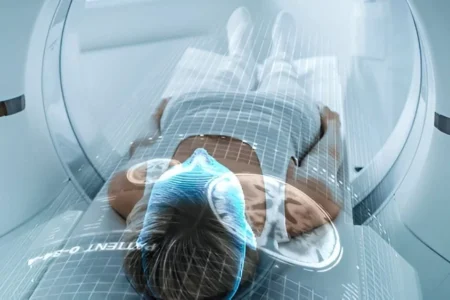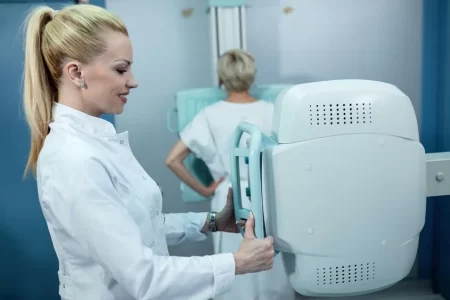Research Finds Working at Night May Increase Risk of Breast Cancer
- Updated on: Jul 6, 2024
- 2 min Read
- Published on Feb 18, 2019

A new international research carried out by Canadian, Australian, and European researchers found out that working at night could increase a woman’s risk of breast cancer, especially in those who are pre-menopause.
The study population consists of more than 13,000 women from five different countries – Australia, Canada, France, Germany and Spain out of which 6,093 women were those who had been diagnosed with breast cancer and 6,933 women without breast cancer who acted as controls aged on average 55-59.
Findings of the research: Breast cancer risk and working at night
The team published its findings in the European Journal of Epidemiology and suggested a strong association between the risks of developing breast cancer with night working. They found the risk of developing breast cancer increases with the number of hours worked per night, as well as the number of years spent on the night shift.
After comparing the results between different groups the team found out that women who worked at least three hours between midnight and 5 am every night were at greater risk of developing breast cancer of about 12% than women who had never worked at night. This risk was increased to 26% among pre-menopausal women.
Additionally on further breakdown of the analysed results, the study showed that pre-menopausal women who work night shifts longer than 10 hours showed a 36% increased risk of breast cancer compared to those who have never worked nights. The risk was increased as high as 80% among women who work night shifts longer than 10 hours for more than three nights per week.
However, the risk of developing breast cancer was found to decrease two years after stopping night shift work. Women who were still working nights at the time of the study showed a breast cancer risk 26% higher than those who had stopped working at night at least two years previously.
The study did not specifically considered the nature of night work except the Canadian population where the study compared the women working in healthcare and other sectors.
Study co-author Anne Grundy, from the Université de Montréal said “The risk associated with breast cancer and night work varied little among respondents, regardless of job type”.
Further he explained that “Although we are not fully certain, we believe that this risk could be related to the hypothesis that night work disrupts circadian rhythm and inhibits the secretion of melatonin, which may protect against cancer.”
The researchers stressed for further research to investigate the difference in risk between pre- and post- menopausal women.












